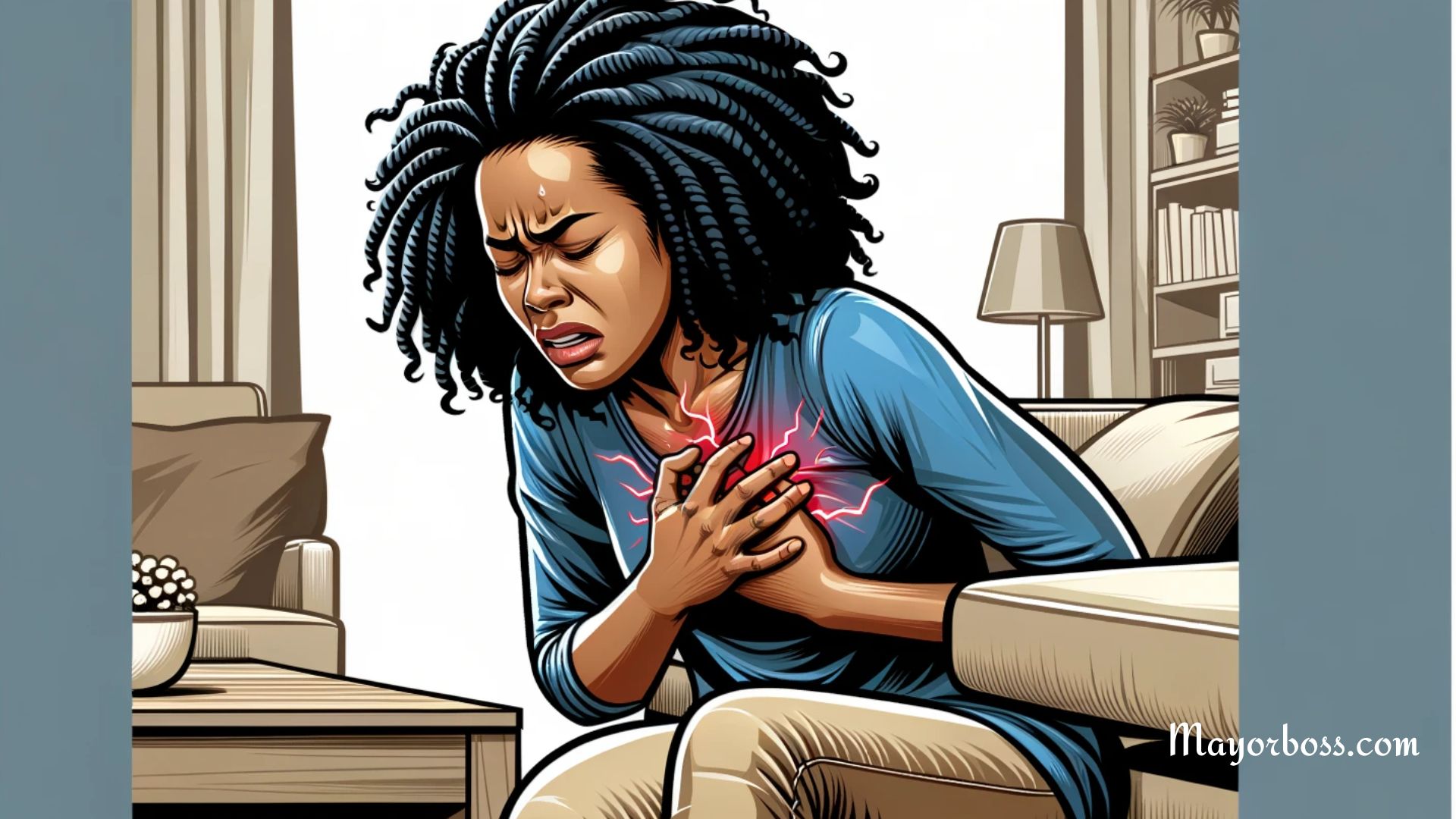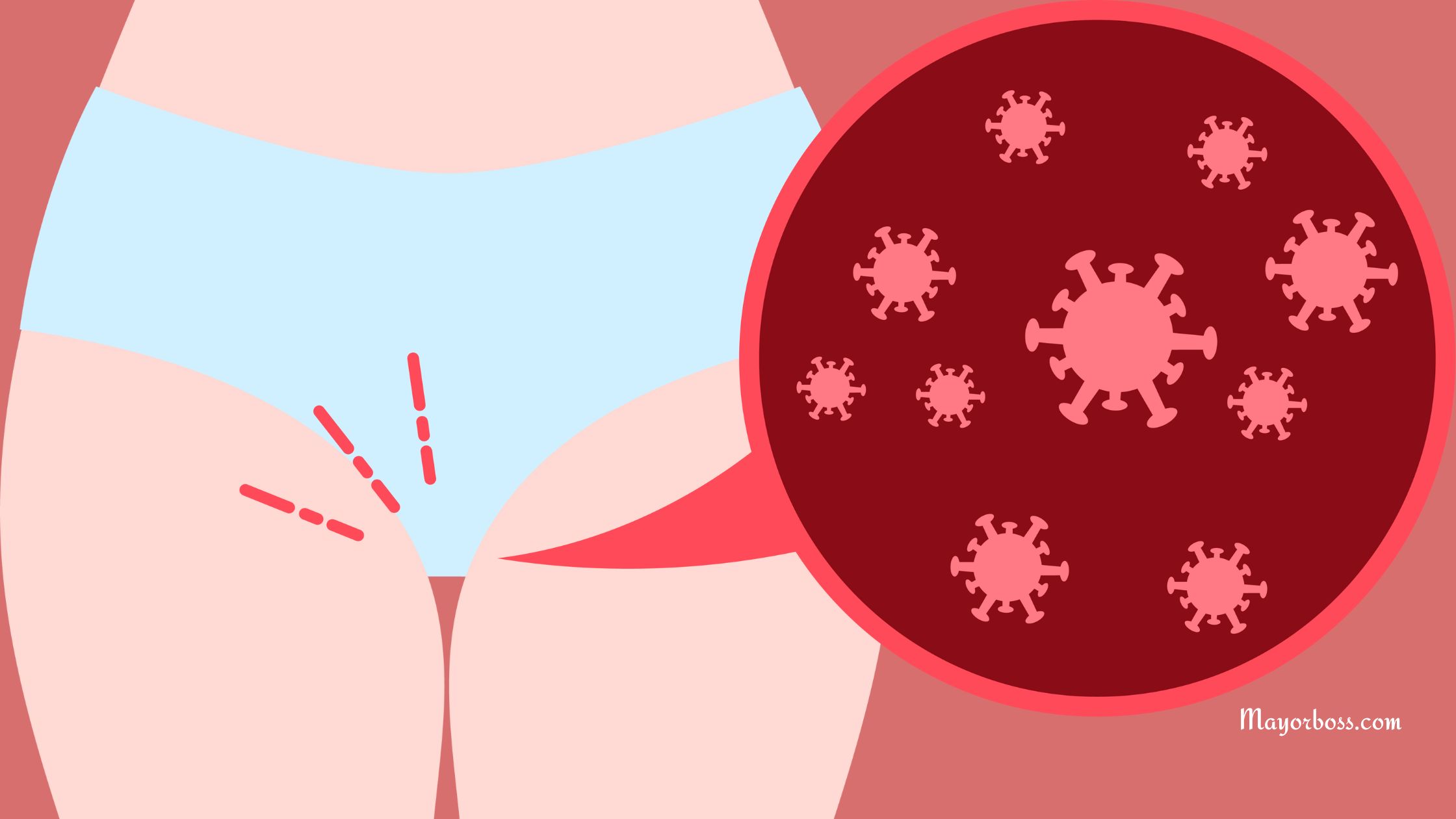How To Tell If Your Pain Is Chronic Pain
You’re probably familiar with the occasional ache or twinge, a natural part of life’s ebb and flow. But, if these pains persist longer than expected, could they signify something more serious? Today, we’ll explore how to tell if your pain is chronic pain.
The Key Takeaway
Essentially, understanding the difference between acute and chronic pain is crucial to your health. While acute pain can be an immediate reaction to an injury, chronic pain persists for weeks, months, or even years. If your discomfort lasts longer than the normal healing period, it’s time to seek professional advice.
What is Chronic Pain?
First, let’s define chronic pain. It’s not just a persistent ache that you’re forced to endure for days on end. Instead of fading away, chronic pain lingers, often without a clear cause. It’s hard to pin down, yet it impacts every day of your life.
According to the American Chronic Pain Association, chronic pain is when you have pain that keeps going or comes back again and again, and lasts longer than usual, maybe even for more than 3 to 6 months. This kind of pain can make you feel bad or upset.
How To Tell If Your Pain Is Chronic Pain
But how can you tell if your pain is chronic? Here’s where paying close attention to your body comes into play.
Duration of the Pain
When considering the length of pain, anything lasting longer than 12 weeks generally falls into the chronic category. After all, this is much longer than the usual healing time for most injuries or surgeries. But there are exceptions to this rule, so it’s crucial to consult with a healthcare professional if you’re in doubt.
Location and Type of Pain
Like acute pain, chronic pain can occur anywhere in the body and may be dull or sharp. When you’re experiencing chronic pain, it might feel like a steady ache or a throbbing sensation. It may also cause stiffness, soreness, or discomfort that doesn’t seem to dissipate.
Other Symptoms
But no one should neglect the other symptoms that often accompany chronic pain. You may be feeling tired all the time, have sleeping difficulties, or even suffer from mood changes. Each day with chronic pain can bring unexpected challenges.
Potential Causes of Chronic Pain
You might be wondering, “What could cause such prolonged discomfort?” There are several possibilities.
Physical Causes
For starters, chronic pain can stem from an initial injury, like a sprained wrist that hasn’t healed correctly. But if you’re dealing with pain without an obvious cause, it might be due to an underlying health condition such as back pain, arthritis, fibromyalgia, endometriosis, or nerve damage.
Psychological Causes
Pain doesn’t have to originate from a physical source. In some cases, psychological factors like anxiety or depression can manifest as physical discomfort. Don’t underestimate the power of the mind-body connection!
Lifestyle Factors
Make sure you don’t overlook the impact of lifestyle factors either. Poor posture, lack of exercise, or even a bad mattress could all contribute to chronic pain. Without proper care, these issues can compound over time.
How To Manage Chronic Pain
Living with chronic pain can actually be a tough battle. But there are approaches to help manage the pain and improve your quality of life.
Medical Treatments
Medical interventions like medications, physical therapy, and sometimes surgery are often the first line of treatment. Make sure you consult with a healthcare professional before starting any treatment regimen.
Natural Remedies
If possible, consider natural remedies for pain management. This could include yoga, meditation, or acupuncture. Each of these methods has proven beneficial in managing chronic pain for many individuals.
Lifestyle Changes
Small adjustments to your lifestyle can also make a big difference. A balanced diet, regular exercise, and adequate sleep can significantly reduce pain levels. More importantly, they can enhance your overall well-being.
When To Seek Help
If your pain persists or you’re unsure whether it’s chronic, it’s essential to seek medical advice. Especially if your pain affects your daily life or mental health. You don’t have to face this alone.
In conclusion, the key to managing chronic pain lies in understanding its nature and seeking professional help when necessary. It may be a tough journey, but remember, you’re not alone, and there are resources available to help you navigate your way through it. With the right knowledge and support, you can take control of your pain and reclaim your life.
Further Reading: How To Tell If Your Pain Is Chronic Pain






